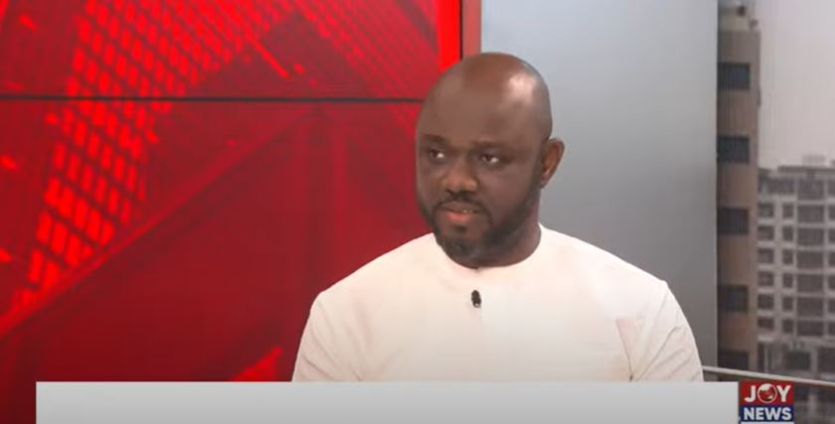Executive Director of the African Center for Energy Policy (ACEP), Ben Boakye, says the Ghana Revenue Authority (GRA) has failed to disintegrate data attributable to ICUMS from that produced by Strategic Mobilization Ghana Limited (SML).
This he said has impaired any attempt to critically analyse and interrogate the claims being made by the GRA concerning the outcome of the several contracts signed between SML, the Finance Ministry and the GRA to monitor Upstream Petroleum Production and to audit the value chain of Minerals and Metals Resources.
He made the remark on Joy FM’s Super Morning Show in response to the GRA’s denial that the contract it awarded to SML was questionable.
Cataloguing the Performance of the Downstream Petroleum sector under the Assurance Contract, the GRA, said before the engagement of SML, the authority operated a manual system for the measurement of fuel in depots which was archaic and posed a risk to officers who climbed a ladder to measure the fuel in the tankers.
It insisted that all the pieces of information are captured and reconciled with data from the ICUMS which is done with the GRA petroleum unit.
In a statement, GRA said if there are discrepancies, Customs inform the OMC to enter a post-entry to correct the differences.
It pointed out that SML in the petroleum sector provides additional data, independent of the Customs ICUMS data capable of validating anomalies in quantities imported, discharged and accounted for by way of taxes.
The GRA continued that the revenue assurance exercise undertaken by EY Ghana and later by the Revenue Assurance and Compliance Enforcement (RACE) of the Ministry of Finance confirmed systemic deficiencies in the accounting and collection of petroleum taxes between 2015 and 2020.
And further emphasised that the work of SML over the period has led to a significant increase in the figures reported in the downstream petroleum sector, from an average of 350 million litres per month in 2018 and 2019, to 450 million litres per month from 2020/2021.
But according to Ben Boakye, the GRA had erred by comparing its own data rather than reconciling their data with the National Petroleum Authority – the agency in charge of regulating the petroleum sector.
“I think the benchmark really is for us to look at the data that is generated by NPA, you know, the agency that regulates the sector and has an overview of how much product comes into the country, the litre product before they get into the tank and when they exit the tank. And even when they’re in the tank they have systems to track them.
“BOST has had that system for half a decade. So all that data is there. So what would have been ideal for GRA to have done is to compare data from their end to what the industry has control over, to what government agencies have control over and then you’ll be making a rigorous analysis if you compare yourself to yourself then you wouldn’t even know if you needed to build new stations or not because as I indicated the Revenue Assurance job is not an exclusive right of GRA.
“So if you compare that data to NPA and there is some discrepancy then you can then interrogate the relevance of the intervention, they haven’t done that,” he said.
Latest Stories
-
Debt restructuring programme was poorly structured – Finance Minister Ato Forson says
31 minutes -
Mahama appoints fresh batch of ambassadors to key global capitals
58 minutes -
Isak wants to explore move away from Newcastle
1 hour -
Benin names Spike Lee and wife ambassadors for African-Americans in the US
1 hour -
Trade deal on US tariffs within reach, says EU, as 1 August deadline nears
2 hours -
Trump bickers with Powell over Fed renovation costs
2 hours -
‘We will not default’ – Ato Forson assures bondholders as GH¢20bn DDEP payment plan unfolds
2 hours -
Take time to get VAT reforms right before scrapping COVID-19 levy – Prof. Asuming
3 hours -
France will recognise Palestinian state, Macron says
3 hours -
Foreign Affairs Ministry denies issuing Ghanaian passports to non-citizens
4 hours -
Uganda to host Asia/Africa play-off for 2027 Rugby World Cup
4 hours -
Landslide destroys farmlands and livelihoods in Santrokofi, sparks famine fears
4 hours -
UHAS Dean urges strategic role for laboratory managers in 24-hour health system reform
4 hours -
Society of Medical Laboratory Managers chair calls for inclusion in core health management
4 hours -
Mahama promises to renovate Atta Mills Presidential Library
4 hours

